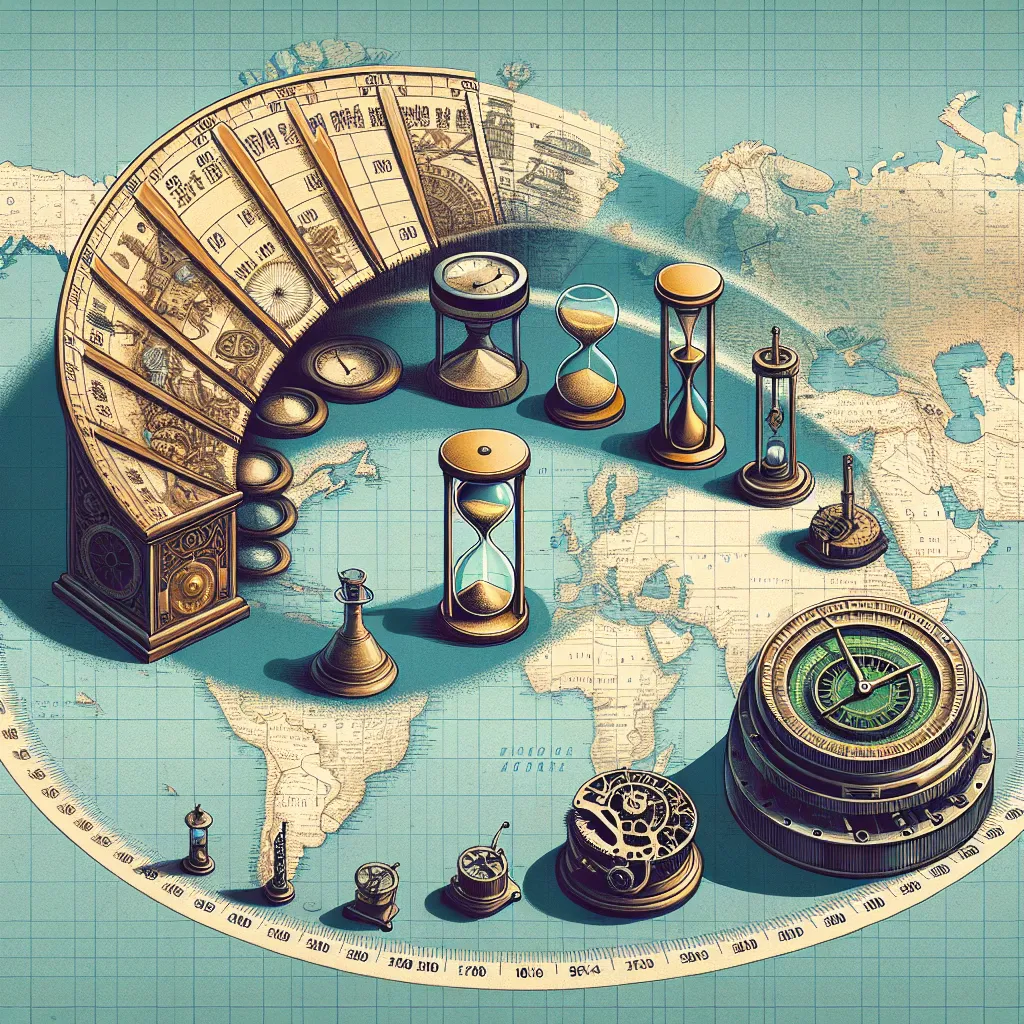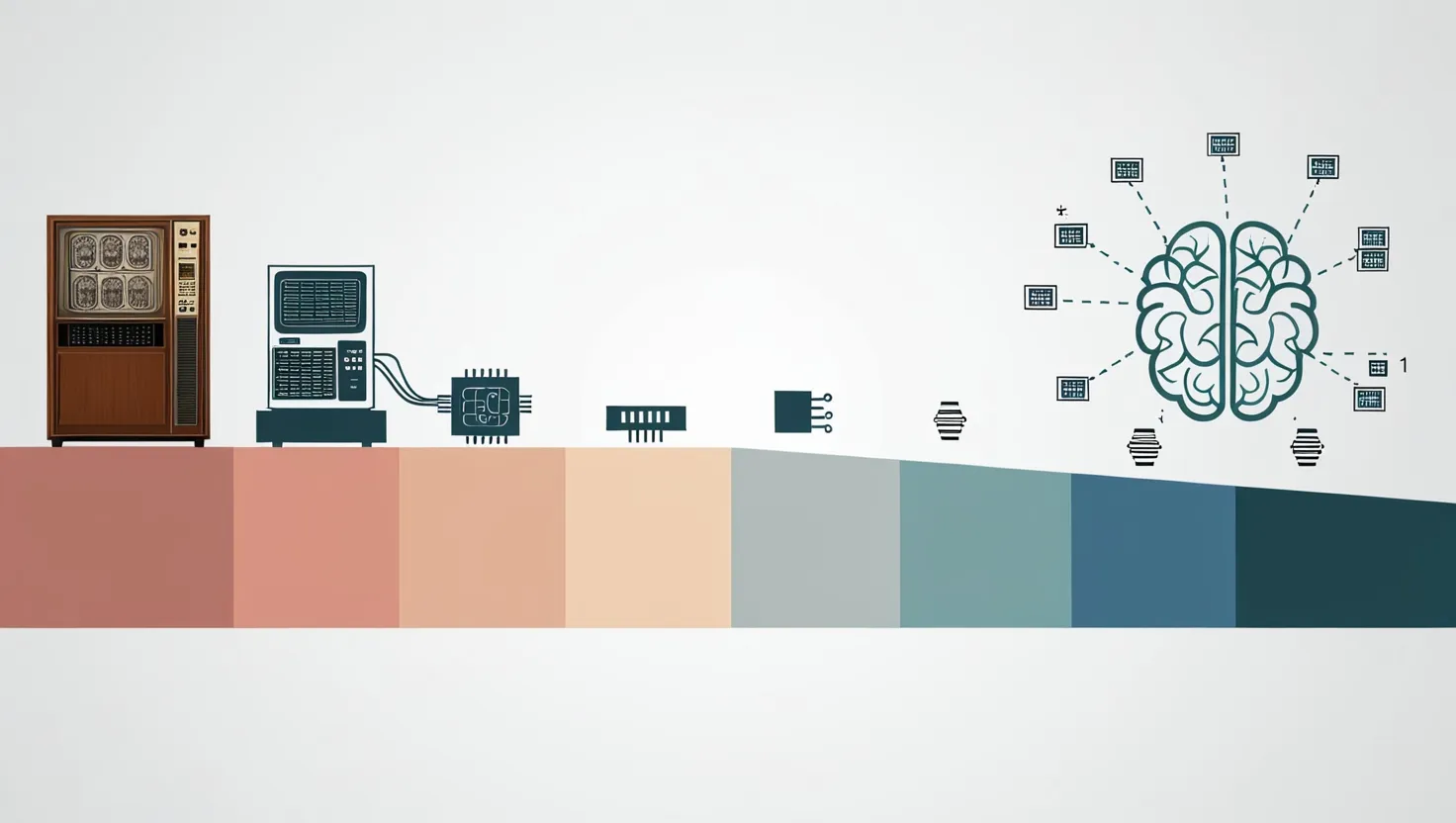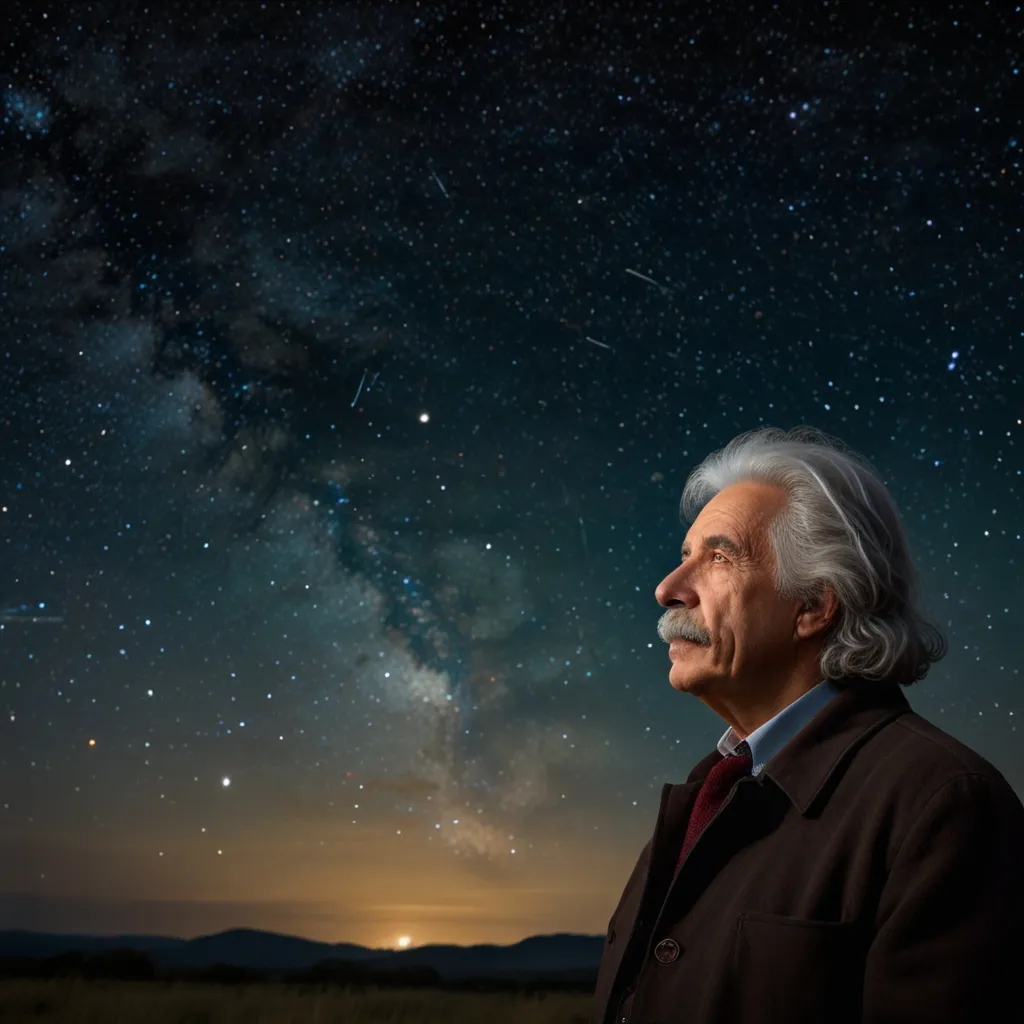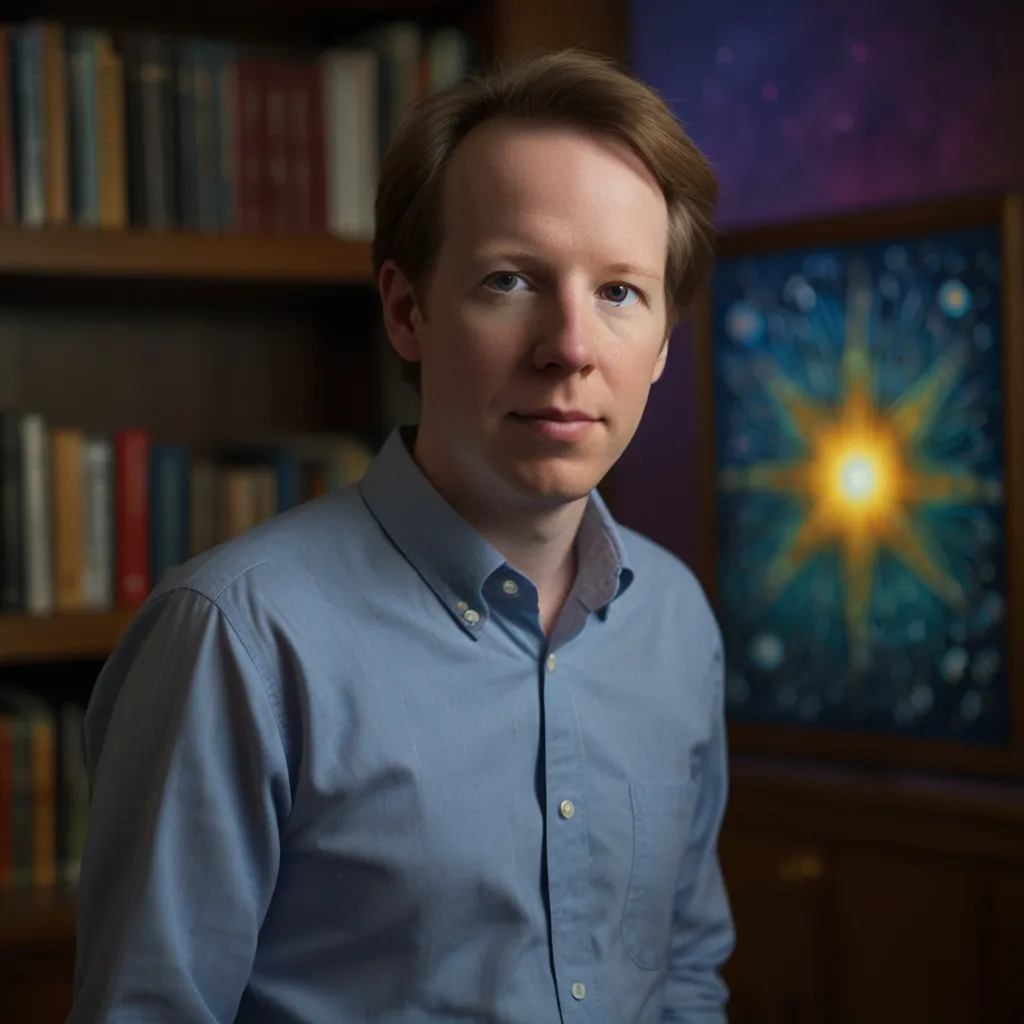When I first took a mechanics class in college, my professor shared a story that has stuck with me. On a trip to Europe, he visited a famous scientist’s grave and was so emotionally overwhelmed that he collapsed and wept. This scientist was the one he had devoted his life to, and many regard as the father of modern science.
In a poll of 50 respected scientists from around the globe, names like Maxwell, Bohr, Einstein, Darwin, Galileo, Tesla, and Curie were common. However, only one name appeared on every list: Isaac Newton. Nobel laureate Subrahmanyan Chandrasekhar once remarked that, compared to Newton, even Einstein was a distant second. Einstein himself admitted that his work would have been impossible without Newton’s discoveries.
So, what made Newton a giant among giants? Born in the mid-to-late 1600s, a period full of superstition and pseudo-science, Newton achieved breakthroughs that transformed our understanding of the physical world. He invented calculus, discovered laws of optics, formulated the laws of motion, and defined the law of universal gravitation. Any of these achievements would be Nobel Prize-worthy today. Amazingly, Newton devised the basis for these breakthroughs in just 18 months, between 1665 and 1667, during a period of isolation due to the bubonic plague.
Newton’s magnum opus, “Philosophiae Naturalis Principia Mathematica,” published in 1687, is considered the greatest scientific work ever written. Within its pages, Newton laid out his theories that united the physics of the Earth with the cosmos. His most famous discovery, the law of universal gravitation, emerged from a thought experiment involving a falling apple. Newton deduced that a force from Earth pulls objects towards it, acting at a distance. He reasoned that this force, which we now call gravity, diminishes in proportion to the square of the distance between objects.
Newton’s insight connected terrestrial physics with celestial movements. For example, he explained that the moon orbits the Earth due to a balance between its forward motion and the Earth’s gravitational pull. This realization set the stage for modern astrophysics and changed our view of Earth’s place in the universe.
While Newton described how gravity works, he did not explain what gravity is. Later, Einstein provided some insight with his theory of general relativity, showing that massive objects warp space-time. Yet, the question of “why” remains unanswered. We still need another intellectual giant to reveal the deeper nature of gravity.
Reflecting on Newton’s legacy, one can’t help but wonder if another genius will emerge to further our understanding of the universe. For now, we stand in awe of Newton’s monumental contributions, marveling at how one man reshaped our grasp of reality.






